RSS
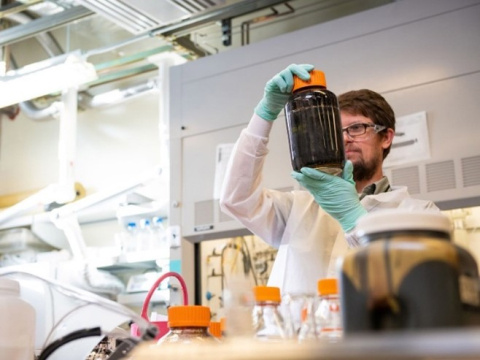

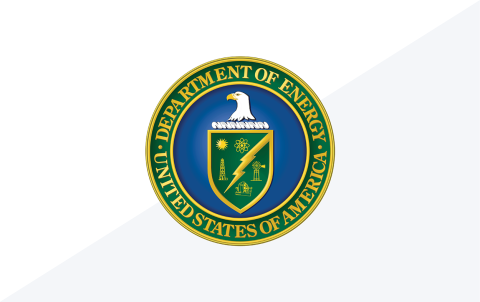
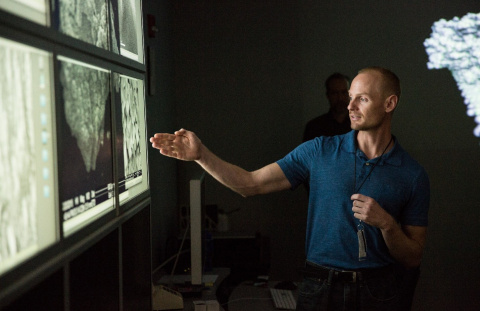
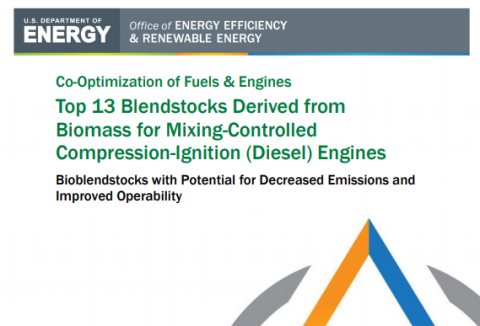
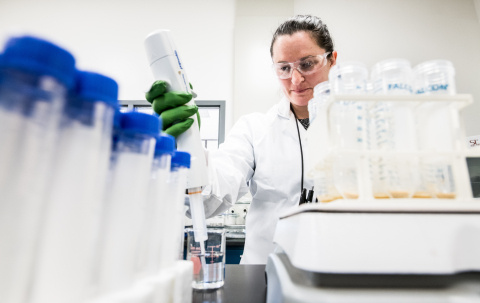
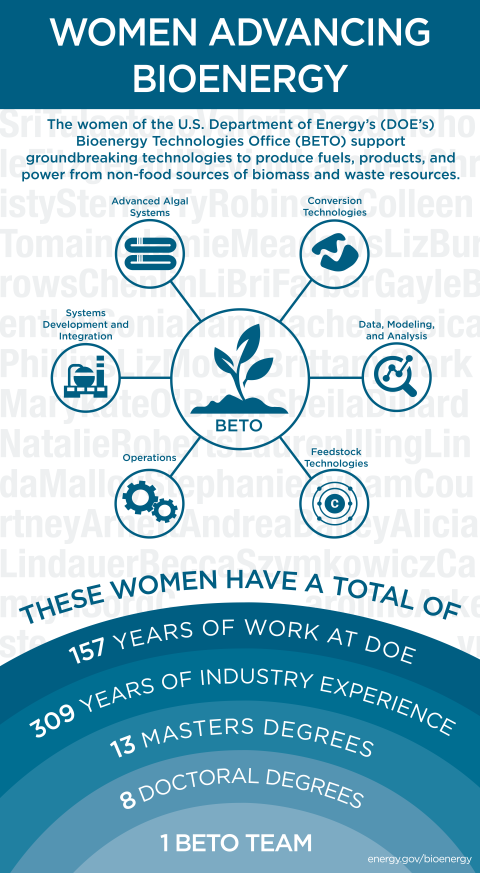
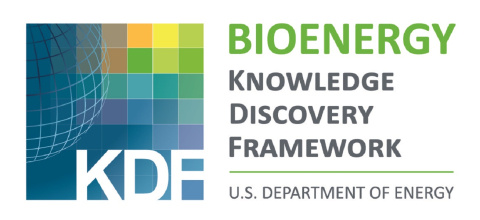
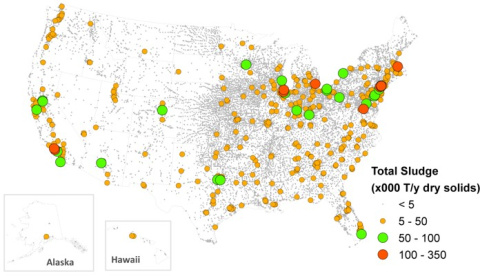

Techno-economic analysis is the first to model PNNL technology across wastewater facilities.

Two new publicly available web-based software tools developed at Berkeley Lab aim to help researchers and companies explore viable bio-based fuels and products without ever stepping foot in the lab.

The U.S. Department of Energy announced $64.7 million in funding for projects focused on producing cost-effective, low-carbon biofuels to replace petroleum fuels used in heavy-duty forms of transportation, like airplanes and ships.

Bioprose Blog: National Renewable Energy Laboratory (NREL) researchers can accurately predict reaction rates and optimal conditions for making biofuels. Their secret? Complex math to sketch the intricate chemistry and physics that drive catalytic fast...
Bioprose Blog: There’s no driving around it: most vehicles on the road today are still powered by gasoline and diesel fuels that create emissions.

Bioprose Blog: NREL offers a simple procedure for a complex analytical problem that could help biorefineries expand production of low-carbon cellulosic ethanol
The Co-Optima Initiative is releasing its Year in Review Report from 2020.

Bioprose Blog: BETO recognizes the contributions that women in the Office have made to help strengthen the future of bioenergy

Bioprose Blog: Bioenergy Knowledge Discovery Framework website has been updated and re-designed

Bioprose Blog: BETO and NREL launch an organic Waste-to-Energy technical assistance program for local governments

